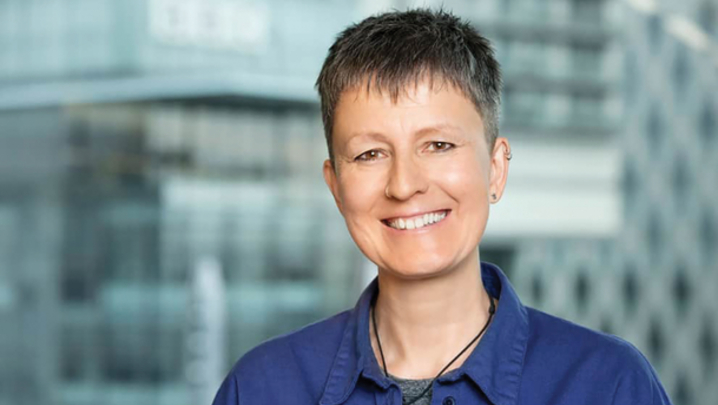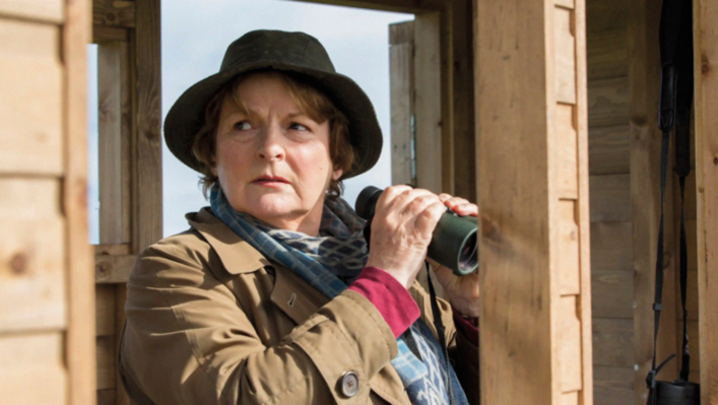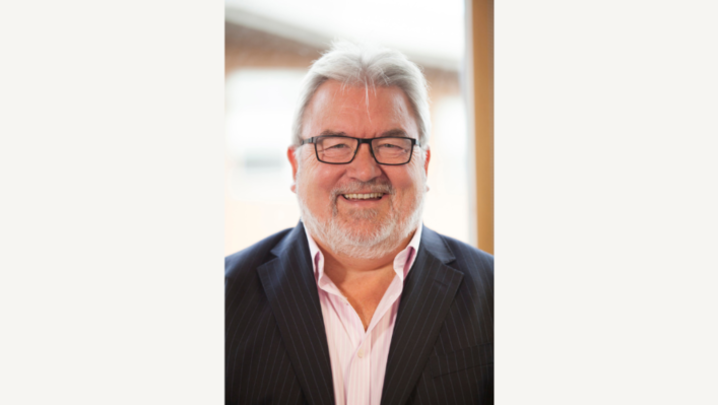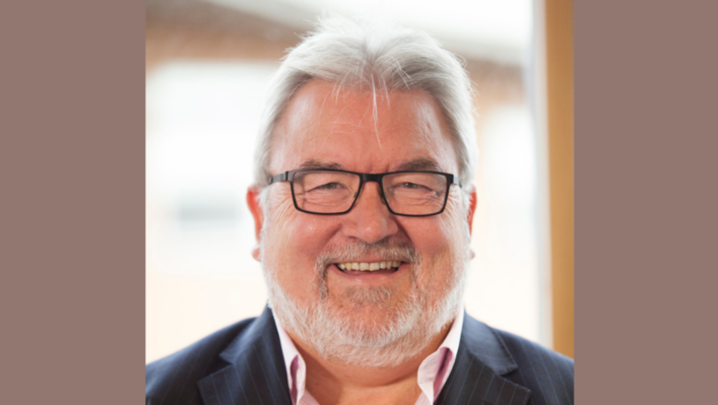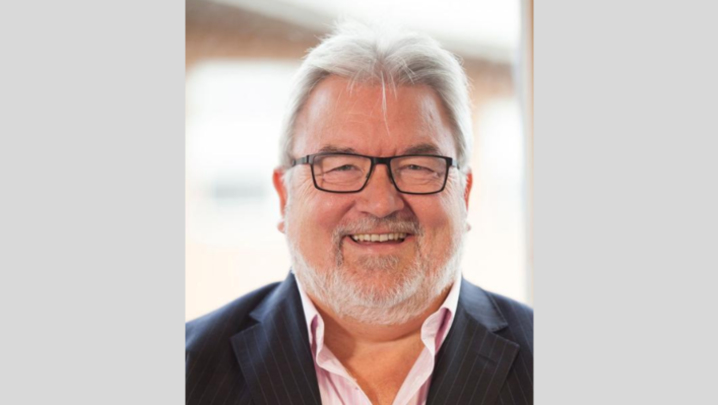Graeme Thompson urges TV’s decision makers to be bold as they demand a stronger regional presence
You wait years for big news about TV in the regions. And then in quick succession at the Nations and Regions Media Festival in Salford, along comes not one, but two major announcements about production outside London.
First Sharon White from Ofcom talked about the challenging quotas she was imposing on the BBC in her new role as the corporation’s regulator.
These included more original programmes on TV and radio to better reflect the whole of the UK. More arts, music -and childrens’ production particularly welcome in the North East, home to successful CBBC brands including The Dumping Ground.
White wants viewers outside London to feel better represented by the BBC – and that means more spend in the nations and regions. What’s not to like?
Then came the bombshell from Culture Secretary Karen Bradley that she expects Channel 4 to relocate all (or at least a sizeable chunk) of its 800-plus staff from London.
She said the move would bring the broadcaster back to its core mission as a “daring platform for unheard voices and untold stories from across the UK”.
She was unsympathetic to those who “recoil in horror at the very idea of media jobs being based outside the capital”. Bradley added: “A publicly owned broadcaster should have far more than 3pc of its permanent staff outside London.”
"It is as difficult for producers to get to Manchester from Sunderland as it is to get to King’s Cross."
Cue question from Kirsty Wark to Channel 4 executives in the audience about whether they are looking at house prices in the North. Chuckles and a noticeable whiff of schadenfreude sweep the auditorium.
But does it matter where commissioners are based? Might it be preferable to have production budgets spread more generously across the nations and regions, than force executives to uproot from the capital or, more likely, spend eye-watering amounts of cash on rail fares?
If you are among the 7,000 people now working for broadcasters, suppliers and production companies in Media City, welcoming Channel 4 to Salford and responding to Ofcom’s demands for additional out-of-London production at the BBC will be music to your ears.
If on the other hand you’re in an area which struggles to maintain critical mass in TV production – an area like the North East, for example – the relocation of all or part of a major channel to the North West will have little impact.
It is as difficult for producers to get to Manchester from Sunderland as it is to get to King’s Cross.
North East students and production crew paying for travel and accommodation to take up placement opportunities or contracts face the same challenges at Media City as they do in London.
So instead of assuming that Channel 4 will end up in Media City, why not use the enforced move to transform the media economy of Birmingham or Leeds or Sunderland?
Production success stories outside London have one thing in common; they’re all the result of broadcaster intervention. BBC strategic development decisions have produced thriving media clusters in Cardiff, Bristol, Glasgow and of course Salford.
So why not a grand gesture in the direction of the North East? A once-booming television economy laid low by broadcaster decisions to pull everything to London. Back in the day, Tyne Tees, and Border produced everything from Catherine Cookson dramas to The Tube.
It was a bonkers decision by Channel 4’s founding fathers in the early 1980s to transmit a live ground-breaking music show from Newcastle. The city is after all a long way from London – home to so much of the major music talent.
Would bands and labels trek north to appear with Paula Yates and Jools Holland? You know they did. The Tube was innovative in so many ways precisely because of its location, its tone and its audience. Innovation is high on the Secretary of State’s wish-list. Time perhaps for another foray from London into the welcoming arms of the North East?
Graeme Thompson is Pro Vice Chancellor at the University of Sunderland and chair of the RTS Education Committee.


